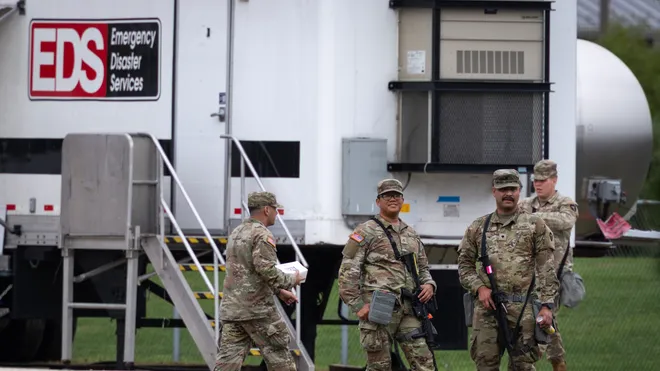
The Colorado Rockies’ decision to fire manager Bud Black amid a dismal 7–33 start to the 2025 season underscores deeper systemic issues within the organization that extend beyond on-field leadership.
⚾ Organizational Challenges
Front Office Instability
The Rockies have faced criticism for their front office decisions, including the firing of head of analytics Scott Van Lenten due to “major disagreements” with the club. Such moves highlight a resistance to modern baseball strategies and analytics, which are crucial for team development.
Ownership Concerns
Owner Dick Monfort’s leadership has been questioned, with some fans and analysts suggesting that a change in ownership could be beneficial. Monfort’s background and approach have been seen as lacking the necessary baseball acumen to guide the team effectively.
💰 Financial Missteps
Inefficient Payroll Allocation
The Rockies have been paying significant sums to players no longer on the team, such as Nolan Arenado, due to deferred salaries. In 2023, over $47 million was allocated to such contracts, accounting for more than 27% of the team’s payroll.
Questionable Contracts
The signing of Kris Bryant to a lucrative deal has been scrutinized, especially given his limited contributions due to injuries. This mirrors past decisions where the team invested heavily without seeing proportional on-field returns.
📉 On-Field Performance
Historic Struggles
The Rockies’ current trajectory could see them surpassing the 1899 Cleveland Spiders for the worst record in MLB history. Their pitching staff has an ERA of 5.89, with starters posting a 7.31 ERA, both ranking among the league’s worst.
Lack of Competitive Edge
Despite a 9–3 victory following a 21–0 loss to the Padres, the team’s overall performance remains lackluster, with issues in both offense and defense contributing to their poor record.
🔄 Path Forward
Addressing the Rockies’ challenges requires a comprehensive overhaul, including embracing modern analytics, reevaluating financial strategies, and potentially considering changes in ownership. Without these systemic changes, managerial shifts alone are unlikely to reverse the team’s fortunes.





